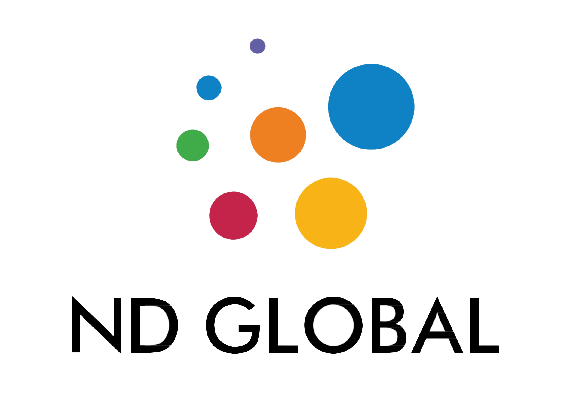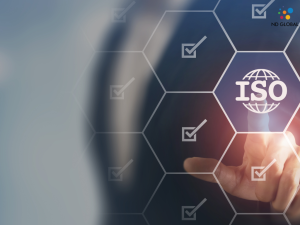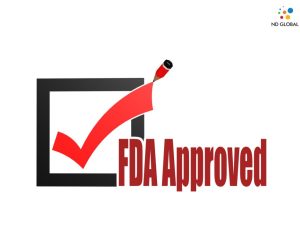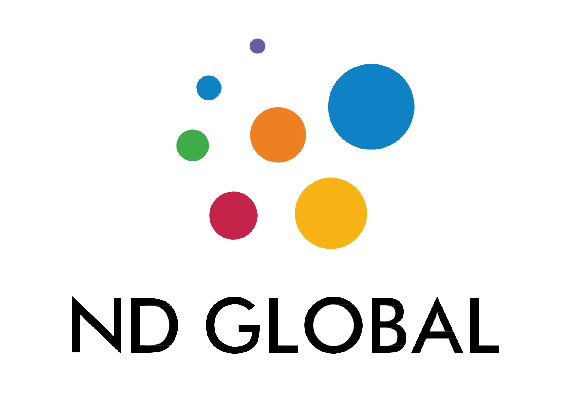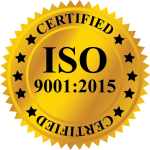Regulatory consultants and medical device consultancies are groups of highly skilled healthcare industry experts. The medical device sector is developing ever-more-advanced equipment with the swift advancement of medical knowledge. However, it’s more complicated to introduce a new product to the market. All regulatory organizations should comply with the devices. Because of this, many businesses work with medical device regulatory consultants, who guide them through the intricate process of launching a medical device. These experts offer guidance on various topics, including clinical evaluation, literature searches, and regulatory compliance.
The importance of quality and regulatory consultants has grown as the biotechnology, pharmaceutical, and medical device sectors develop further. These experts are essential to preserving product quality, promoting patient safety, and guaranteeing adherence to strict laws. This post will examine the knowledge and abilities that quality and regulatory consultants require to remain competitive in these fast-paced industries.
- Thorough Understanding of the Regulatory Environment – Pharmaceutical, biotechnology, and medical device companies require quality and regulatory consultants to be thoroughly aware of the intricate and dynamic regulatory landscape. This entails keeping abreast of local, national, and worldwide laws, rules, and specifications established by regulatory organizations, including the FDA, EMA, and ISO. Consultants must be proficient in interpreting and putting these criteria into practice to lead their clients to the highest standards of compliance.
- Knowledge of QMSs, or quality management systems – Quality is critical in the life sciences sector. Thus, consultants need to be knowledgeable in putting Quality Management Systems (QMS) into place and making them work better. This entails having a solid grasp of GMP (good manufacturing practices), GCP (good clinical trials), and GLP (good laboratory practices). To guarantee that goods satisfy strict quality standards and legal requirements, consultants should be able to develop, assess, and improve QMS procedures.
- Evaluation of Risk and Strategies for Mitigation – Consultants specializing in quality and regulations should be skilled in performing risk assessments and creating effective mitigation plans. The capacity to recognize and assess possible hazards enables consultants to help customers put into place efficient risk management systems. By performing risk assessments for clinical trials, supply chains, manufacturing processes, and post-market surveillance, consultants may assist clients in reducing risks and upholding compliance.
- Inspection Readiness and Auditing – To assist customers in getting ready for internal audits and regulatory inspections, consultants in this industry must have auditing experience. They must be knowledgeable about auditing best practices, procedures, and methodologies. Using this expertise, consultants can conduct exhaustive audits of quality systems, processes, and records, guaranteeing their clients are ready to satisfy legal requirements. Consultants should also assist customers in putting audit findings into practice by guiding them in remedial and preventive measures.
- Regulatory strategy and change management – Technological developments and regulatory changes continue impacting product development and commercialization in the life science industry. Quality and regulatory consultants must be adept at guiding customers through the complexity of regulations and have a solid understanding of change management principles. Consultants should work with clients to create regulatory plans that support their company objectives and guarantee market access, compliance, and prompt product approvals.
- Excellent Technical Writing and Documentation Skills – Detailed and unambiguous documentation is essential in both the regulatory and quality sectors. To develop regulatory submissions, quality manuals, standard operating procedures (SOPs), and other crucial paperwork, consultants must be exceptionally skilled in technical writing. Consultants should be experienced in communicating complex information while maintaining accuracy, clarity, and compliance with legal standards.
- Ongoing Education and Industry Knowledge – A dedication to lifelong learning and keeping abreast of changing technology, market trends, and regulatory changes is required of quality and regulatory consultants. This entails participating actively in associations and professional networks and attending pertinent conferences, seminars, and workshops. Keeping ahead of the curve enables consultants to offer customers the most recent advice and knowledge.
Regulatory and quality consultants are essential in the pharmaceutical, biotechnology, and medical device sectors for guaranteeing patient safety, product quality, and compliance. Consultants may offer clients invaluable counsel since they have a thorough awareness of the regulatory landscape, expertise in QMS, risk assessment capabilities, auditing proficiency, change management skills, and good documentation abilities. Quality and regulatory consultants may sustain their competitive advantage and provide outstanding value to their clients by consistently improving their skills and remaining current with industry trends. Regulatory and quality experts must recognize that their industry is dynamic and complex. They ought to closely monitor new regulations, recommendations, and best practices as they emerge. Consultants who stay current can help customers by anticipating possible effects and helping them make the required changes to be compliant.
Furthermore, consultants should foster robust connections with regulatory bodies and industry specialists. Developing a relationship and having fruitful conversations can help reveal important details about regulatory requirements and promote a cooperative approach to compliance. Consultants can foresee future needs and remain ahead of regulatory changes by connecting with necessary parties. Moreover, it is imperative to possess a robust comprehension of technology and trends unique to one’s sector. Expert knowledge of cutting-edge technologies, including digital health, artificial intelligence, and innovative manufacturing techniques, is essential for quality and regulatory consultants. With this information, consultants may help customers apply creative ideas while maintaining regulatory compliance.
Teamwork and strong communication abilities are also essential for quality and regulatory consultants. They have to collaborate closely with teams from other departments, including marketing, manufacturing, clinical operations, research and development, and manufacturing. Consultants may better match corporate objectives with quality and regulatory standards through effective communication and collaboration. This leads to more efficient and better-quality products as well as streamlined procedures. Finally, quality and regulatory consultants must always act professionally, integrity, and ethically. Maintaining the highest integrity standards fosters confidence among stakeholders, including clients and regulatory bodies. Experts in their field must put patient safety and moral behavior first in everything they do to ensure their customers follow the strictest guidelines.
Conclusion: To maintain their competitiveness, Quality and Regulatory consultants in the biotechnology, pharmaceutical, and medical device sectors need to have a wide diversity of expertise. Consultants can offer helpful advice to their clients by consistently improving their understanding of regulations, quality management systems, risk assessment techniques, and auditing procedures. To succeed in this fast-paced area, one must be open to change, keep up with current developments in the industry, and cultivate a strong network within the regulatory community. Quality and regulatory consultants who uphold professionalism and ethical behavior can significantly impact their customers’ success and compliance in these crucial industries.
How ND Global can help: How ND Global Can Assist You in Finding a Regulatory and Quality Consultant:
At ND Global, we understand the dynamic and complex nature of the pharmaceutical, biotechnology, and medical device industries. Our consultancy services are designed to connect businesses with highly skilled regulatory and quality consultants who possess the following essential attributes:
- Thorough Understanding of the Regulatory Environment: Our consultants stay updated on local, national, and global regulations set by organizations such as the FDA, EMA, and ISO. We ensure that our experts can interpret and implement these standards to guide clients to the highest levels of compliance.
- Knowledge of QMSs and Quality Standards: ND Global consultants are well-versed in implementing and enhancing Quality Management Systems (QMS). We strongly understand GMP, GCP, and GLP to help clients develop, assess, and improve QMS procedures.
- Risk Assessment and Mitigation Strategies: Our consultants excel in performing risk assessments and creating effective mitigation plans. By identifying and evaluating potential risks in various areas, we assist clients in implementing robust risk management systems
- Inspection Readiness and Auditing Expertise: ND Global consultants bring auditing experience to help clients prepare for internal audits and regulatory inspections. We follow best practices and methodologies, conducting thorough audits of quality systems, procedures, and records.
- Regulatory Strategy and Change Management: We guide clients through technological and regulatory changes, offering expertise in creating regulatory plans that align with company objectives and ensuring compliance, market access, and timely product approvals.
- Technical Writing and Documentation Skills: Our consultants possess excellent technical writing skills, which are crucial for developing regulatory submissions, quality manuals, SOPs, and other essential documentation. We ensure accurate and clear communication while meeting legal standards.
- Ongoing Education and Industry Knowledge: ND Global fosters a commitment to lifelong learning and staying abreast of industry trends, technological advancements, and regulatory changes. Our consultants actively participate in associations, networks, and relevant events to provide clients with the latest insights
